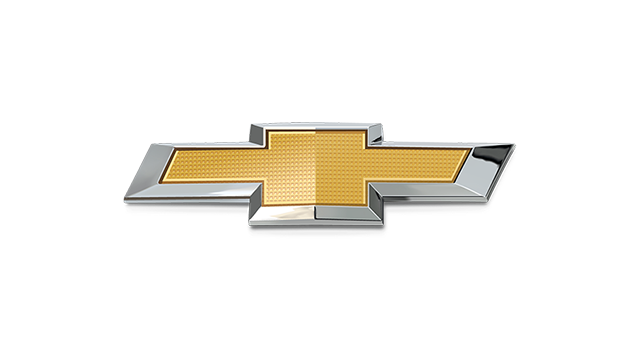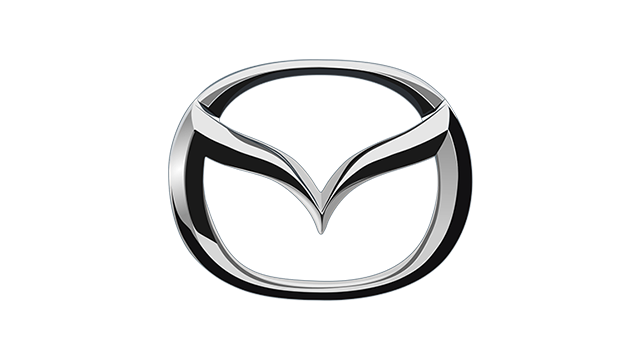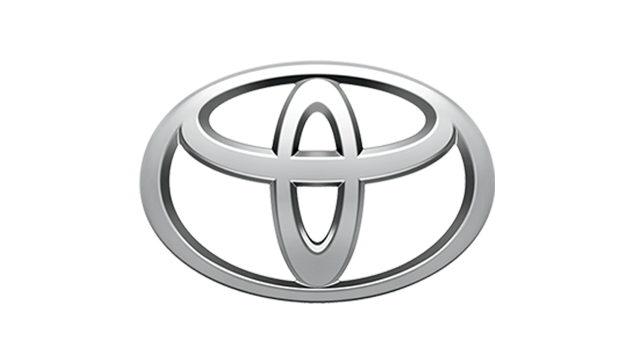Good day!
I’d like to sell my car, but I haven’t finished paying the loan. Is it legal to sell your car mid-installment? How do I protect myself from unscrupulous buyers?
Juan
Hi Juan,
As a general rule, you cannot simply sell your car in the middle of the term of the loan. You must comply with the requirements and procedure contained in the Promissory Note with Chattel Mortgage that you entered into with the bank.
To understand your rights and obligations, you must carefully read the fine print of the signed copy of your Promissory Note with Chattel Mortgage. The banks do not use the same terms and conditions in the Promissory Note with Chattel Mortgage, so make sure you are reading the signed copy of your contract with the bank.
The typical Promissory Note with Chattel Mortgage will provide: “Sale, Encumbrance or Removal. The Borrower/Mortgagor shall not assign, sell, pledge, mortgage or otherwise dispose of or encumber or transfer possession of the Mortgaged Property or any part thereof, or attempt to do so, without the prior written consent of the Mortgagee. The Borrower/Mortgagor shall not remove or permit the removal of the Mortgaged Property from the Borrower/Mortgagor’s address stated above without the Mortgagee’s prior written consent. The Mortgagee shall have right to inspect the Mortgaged Property at any reasonable time.”
ALSO READ:
DTI: Dealerships can no longer sell vehicles on an ‘installment-only’ basis
Fines, payments, schedule: Your complete guide to the number coding scheme
Bank approval necessary
In order for you to sell your car, you need to get the prior written consent of the bank. You cannot sell and deliver the mortgaged car to the buyer for that would constitute a breach of your obligation to keep the car at the address stated in the contract.
The general practice is to sell the car on an ‘assume balance’ basis. The buyer pays the borrower/mortgagor an amount for his equity (down payment and amortizations paid), and the buyer assumes the balance of the loan by paying the bank until completing the term of the car loan. In consideration for which, the borrower/mortgagor will deliver and turnover possession of the car to the buyer together with all documents to allow the buyer to transact with the bank in the name of the borrower/mortgagor. After completing the payments to the bank, the buyer gets the Release of Chattel Mortgage and related documents from the bank and then transfers the registered ownership from the borrower/mortgagor to the buyer.
That such a transaction has evolved into an industry practice does not mean that it complies with the Promissory Note with Chattel Mortgage. The bank can still object to the transaction, declare a breach of the contract terms, and seek to repossess the mortgaged car from whoever may be in possession.
The general practice above does not involve securing the prior written consent of the mortgagee bank. The identity and credit worthiness of the buyer is not made known to the bank. And most important, is that the loan and mortgage continues in the name of the original borrower/mortgagor, so any default or breach will be attributed to the original borrower/mortgagor and not to the defaulting buyer. If the bank declares you in breach of the car loan, you cannot readily borrow funds from the banking system again because of your bad credit record.
What happens next
The correct procedure requires you to secure the written consent of the bank before you sell the car to the buyer on an assume balance basis. The bank will do a credit check of your buyer. To protect you from an unscrupulous buyer, let the bank check the creditworthiness of your buyer.
If the buyer is creditworthy, the bank will consider your loan as pre-terminated and ask you to pay all transaction expenses, such as pre-termination fees, cancellation of chattel mortgage, transfer of registration to the bank or buyer, notarization, documentary stamp taxes and related charges.
The bank and the buyer will then enter into a new Promissory Note with Chattel Mortgage.












